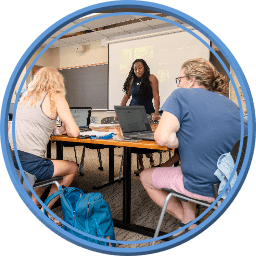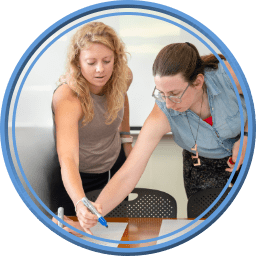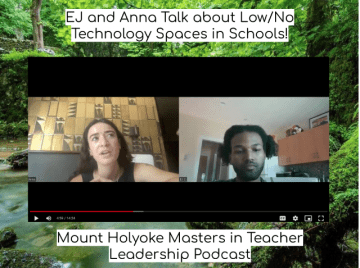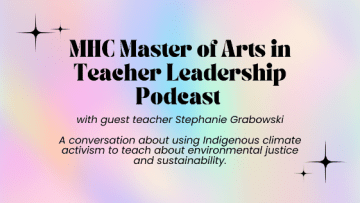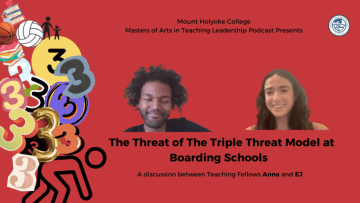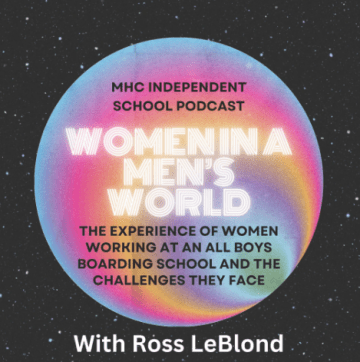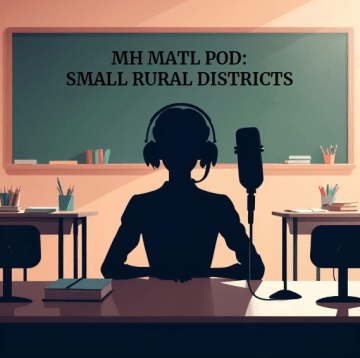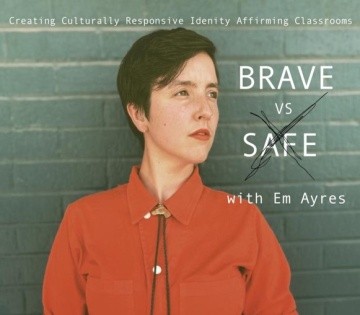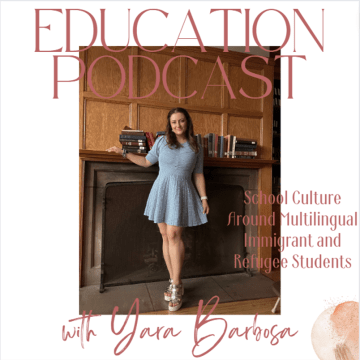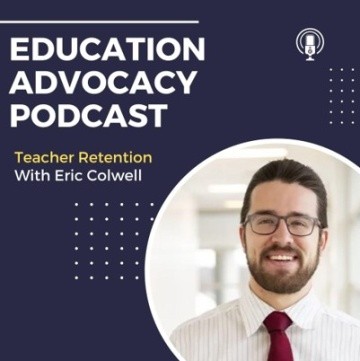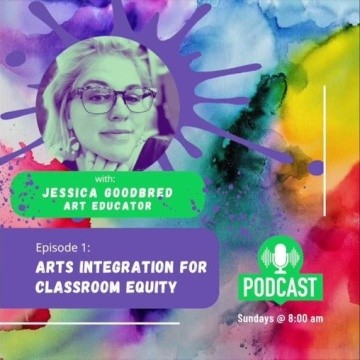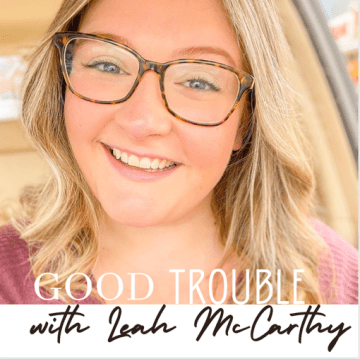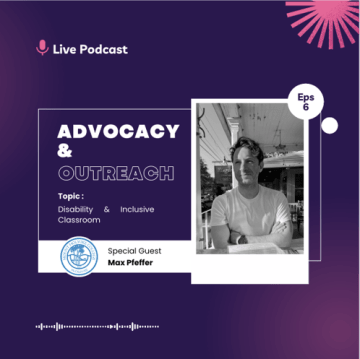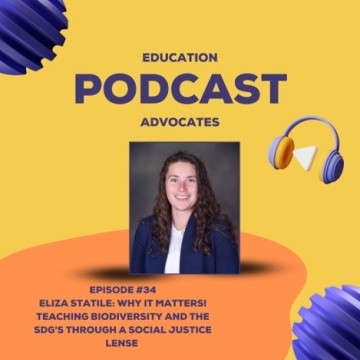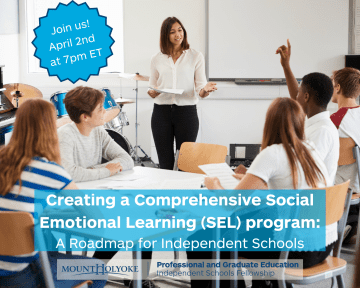Teacher Leadership Program
The M.A.T. in Teacher Leadership program supports educators who want to help build their school’s capacity for success, support a climate of professional growth or serve in leadership roles at the local, state or national level. Our Teacher Leadership program offers pathways for public and independent schools.
Our Three Degree Programs
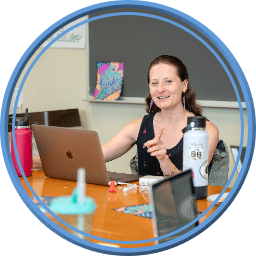
The Public School Leadership Pathway is designed for mid-career and more experienced educators serving in public schools who would like to sharpen their skill set related to classroom, school-wide, district, state, and national practices. Candidates in this pathway enter from a variety of professional backgrounds, including teachers, instructional coaches, education consultants, and those responsible for curriculum and professional learning at all levels. This pathway offers educators the opportunity to rediscover their love for teaching while expanding their sphere of influence on students, colleagues, and the teaching profession while also preparing them for roles in coaching and mentoring, curricular work, administration, and consulting beyond the classroom.
Coursework provides a foundation in coaching and mentoring colleagues, designing professional development for adult learners, working with administrators to scale up classroom initiatives, and partnering with policymakers to ensure that education policy meets the needs of students, families, and teachers.
Courses in this pathway provide personalization of the course content to each teacher leader’s individual professional interests and context. It also has a strong focus on social justice and equity with an emphasis on how to meet the needs of diverse learners.
Our Professional Development
Online courses: powerful learning opportunities for busy professionals
Our online course formats are designed to accommodate your busy schedule and allow you to balance work, family and life commitments while engaging in professional learning for yourself. The flexible assignments are manageable and have immediate application to the work you are doing in your school.
Social-emotional learning for districts and schools
We work closely with you to create a social-emotional learning program tailored to meet your organization’s specific goals. Our facilitators are renowned and recognized Pre-K-12+ leaders, educators and researchers. We incorporate best practices to design programming that fits your unique needs and budget. Whether you are looking to build your teams’ knowledge and skills, advance their practices with feedback and coaching or cultivate lasting systemic improvements, we can help.
Our impact
Capstone projects are based on teacher's passions, needs and leadership goals.
Events & resources
The Ultimate Self-Care Podcast for Teachers Get ready to embark on a transformative journey. Charell G. Coleman hosts this podcast series brought to you by the Teacher Leadership program and Professional and Graduate Education at Mount Holyoke College.
The SEL Resource Guide is here! Check out the curated list of resources created by members of all the Teaching for Our Moment PLCs, who have each submitted resources and found them to be valuable in their practice.
